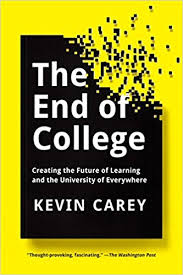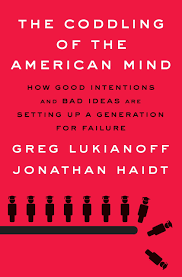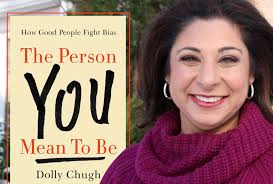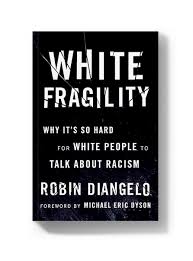I spend a lot of time with books. I have written a few of them. More importantly, I read a lot of them. Usually two non-fiction books a week.
A few years ago, a friend took a look at the list of books on my iPad/Kindle and asked why I didn’t share my thoughts about what I was reading. She was right in suggesting that I should. However, I didn’t have a way of doing so other than posting reviews on Amazon and, now, Goodreads.
With the launch of this website, I now have a way of writing short reviews of books in comparative politics and peacebuilding, especially those that are written from a systems or complexity approach and/or that focus on wicked problems. As with Amazon, I will only review books I really liked and recommend reading. Only giving five star reviews hurts my rating on Amazon, but that’s not an issue here. I will add titles as I read them and, when time permits, add others from my “backlist.”
As with everything else on this site, I’d welcome suggestion(s), especially if they come with reasons why your choice(s) should be at the top of my very large virtual stack of books to read.
To read these short summaries and reviews, just hover over the book’s image below and click.
Belonging
Because I include a chapter on Germany in my comparative politics textbook, I'm always looking for insightful books on the long-term legacy of the Nazi years. So, when I saw a review of Nora Krug's Belonging (simultaneously published as Heimat in German), I immediately bought it for two reasons. First, Krug (born 1977) is a generation removed from the Nazi experience. Still, she is obsessed about its impact, especially on her family. Second, Krug teaches illustration at Parsons School of Design, and the reviews said the images were as valuable as the prose. They were right.

The End of College
I have been thinking a lot about higher eduction these days, because I'm increasingly unhappy about the state of things these days. Then, I spent a weekend at Oberlin planning my fiftieth reunion and came away quite excited about some of the interesting things they are doing. So, I decided to go back and reread Kevin Carey's book, The End of College, which had helped strengthen my grumpiness when I read it three years ago when it came out.
The Person You Mean To Be
Over the last few years, I’ve spent a lot of time reading books by business school professors who wrote for popular audiences and raised issues of interest to peacebuilding and/or comparative politics. Sometimes, the connections weren’t always obvious. They certainly were in the case of Dolly Chugh, The Person You Mean To Be. In many ways, hers is typical of this kind of book in that she explores personal shortcomings that keep us from reaching our fullest potential.
Farsighted
Steven Johnson is one of my favorite writers. Over the years, he has gotten me to rethink paradigm shifts (they happen in a more piecemeal fashion than I used to believe) and evolution (we can plan at some of our mental—if not our physical—evolution as a species). So, I read Farsighted the day it arrived on my Kindle.

The Coddling of the American Mind
The same political polarization that grips the nation has hit American college campuses, including most of the elite schools that produce a disproportionate share of our country's leaders. In this provocative new book, Greg Lukianoff and Jonathan Haidt explore some of its contours, causes, and consequences. It is provocative precisely because it goes way beyond university life to address broader issues involving everything from the way we raise our children to broader polarization that has only gotten more intense than it was when they finished the book. I do not agree with everything they say, but the book is a must-read for anyone interested in the fate of American higher education and society, both of which have been at the heart of my life since I was a student in the differently polarized 1960s and 1970s.
White Fragility
Like many progressives who came of age in the 1960s, I'm struggling to figure out why we haven't made more progress on race relations in my adult lifetime. Robin DiAngelo's White Fragility helps us do so by showing why whites have a hard time discussing race, seeing their role in perpetuating inequality, and how we could break ourselves out of that logjam.




